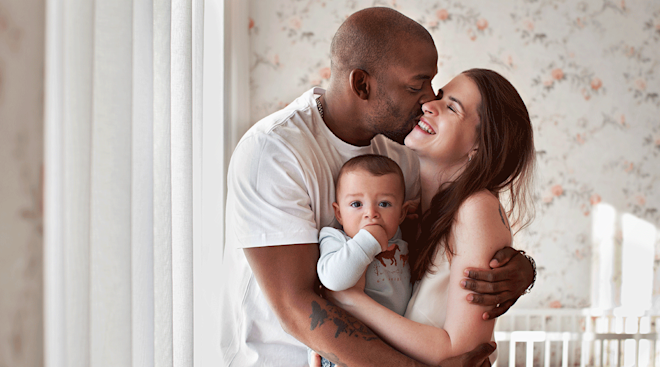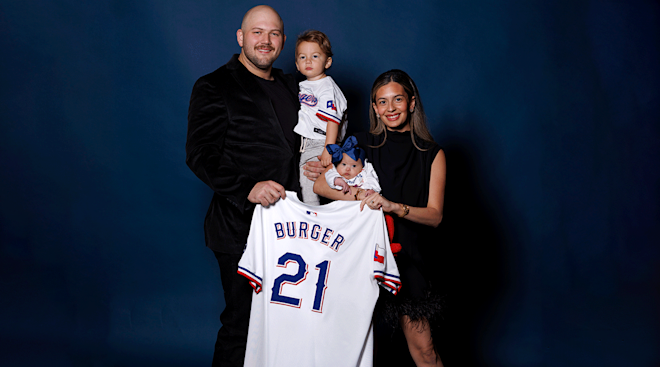If you could have a genetic blueprint of your child, cluing you in on possible diseases and illnesses they’ll face throughout life, would you take it?
Many parents are skeptical. While genome sequencing does allow you to more effectively prepare for and fight against things like asthma, it could also show that down the road, you’re at risk for Alzheimer’s. In that case, is ignorance bliss?
Like it or not, the choice to find out is coming. A government-funded research program will allow doctors at major hospitals around the country to sequence the genomes of healthy newborns. But first thing’s first: what’s a genome? And why are we analyzing it? A genome refers to your complete set of DNA, including your genes. And detecting a mutation within those genes can help identify diseases. Currently, some hospitals will perform whole genome sequencing (which can cost upwards of $1,000) on babies who show signs of a developmental disorder. The hope is that early detection of a disease or disorder will allow for early intervention.
Extending testing to healthy newborns allows families access to data that can be used throughout the child’s whole life, allowing for more personalized medical treatment. Say a child is diagnosed with asthma in elementary school, an understanding of their genome could be helpful in choosing the right medication.
The alternative is the standard heel prick (approximately $25), in which doctors take a small blood sample from baby and test for over 20 possible conditions, but that pales to what genome sequencing can test for.
“We are entering an era where all of medicine is genomic medicine,’’ says geneticist Robert C. Green of Brigham and Women’s Hospital. “In the next five to 10 years, as costs come down and interpretation is more established, it will increasingly be to everyone’s advantage to have sequencing information integrated into their care."
The problem is that genome sequencing could be too advanced. Doctors might not know how to interpret all of the data. And it lends itself to ethical problems too: should doctors tell parents about mutations that won’t necessarily cause diseases?
Researchers will also be evaluating how parents feel about genome sequencing. A recent study from Brigham and Women’s Hospital surveyed 514 new parents, and found that 83 percent expressed interest in genome sequencing if given the chance to be part of a study. Still, Joshua E. Petrikin, director of neonatal genomics at Children’s Mercy Hospital in Kansas City, Mo., thinks that widespread acceptance will be the biggest hindrance to universal genome sequencing. “There will need to be population-wide education and acceptance, which I foresee will take longer than solving the technical problems,” he says. (via Wall Street Journal)
Navigate forward to interact with the calendar and select a date. Press the question mark key to get the keyboard shortcuts for changing dates.




















































